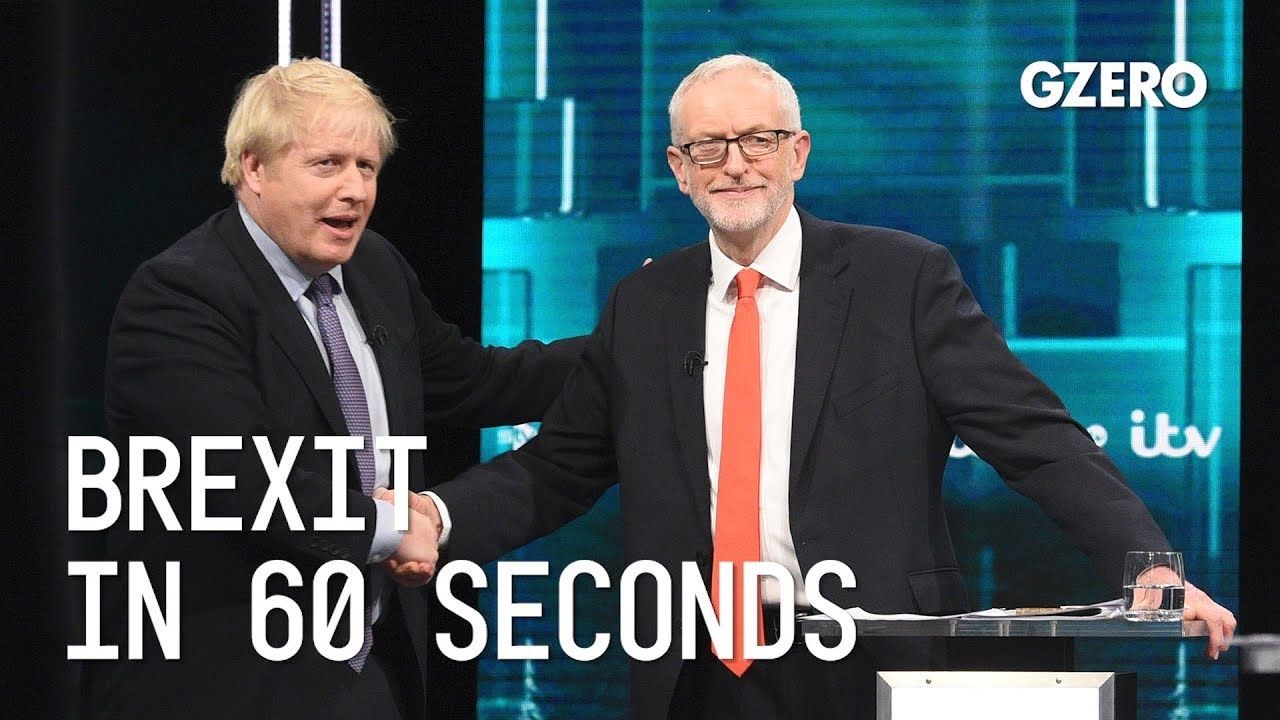In 60 Seconds
Who won the UK debate: Boris Johnson or Jeremy Corbyn?

Who won the UK debate: Boris Johnson or Jeremy Corbyn?

David Miliband:
The great thing about last night's general election debate was that the great British public rumbled at the weakest positions of all the parties. Boris Johnson, they laughed when he said that his fidelity to the truth could know no bounds, and Jeremy Corbyn, when he tried to say he had a clear policy on Brexit.
I think that the consequence of the debate will be to leave both sides relieved. Johnson didn't get knocked out and Corbyn came across, according to the polls, as more likable. The truth is that the plates haven't yet shifted. Neither is fully trusted, to put it mildly. Neither party is engendering great enthusiasm, and the election has not yet crystallized around a question. I'm not sure if it ever will. Because in the end, a general election is not the right way to resolve the Brexit issue. There's too much else going on. But at the moment, the Conservatives are in the lead. But it's not over.
Lord William Hague:
The question is how did the first election debate go between Boris Johnson and Jeremy Corbyn?
Well, it went. It happened. Both of them will be relieved about it, that they didn't do anything wrong. But is it an event that will have changed the course of this election so far, in which the conservatives have solidified their lead with the voters moving from the Brexit Party to them? So it seems. Will it have done that? Probably not. It isn't a game changer in the election. And so now the next question is going to be, as the party manifestos come out over the next week, is there something in those that changes the course of the election? Last time, there was for the Conservatives, they blew up their own campaign with their manifesto. Everybody on the Conservative side will be hoping that doesn't happen again.
100 million: The number of people expected to watch the Super Bowl halftime performance with Bad Bunny, the Puerto Rican superstar and newly minted Album of the Year winner at the Grammys.
Think you know what's going on around the world? Here's your chance to prove it.
An imminent US airstrike on iran is not only possible, it's probable.
Americans are moving less — and renting more. Cooling migration and rising vacancy rates, especially across the Sunbelt, have flattened rent growth and given renters new leverage. For many lower-income households, that relief is beginning to show up in discretionary spending. Explore what's changing in US housing by subscribing to Bank of America Institute.